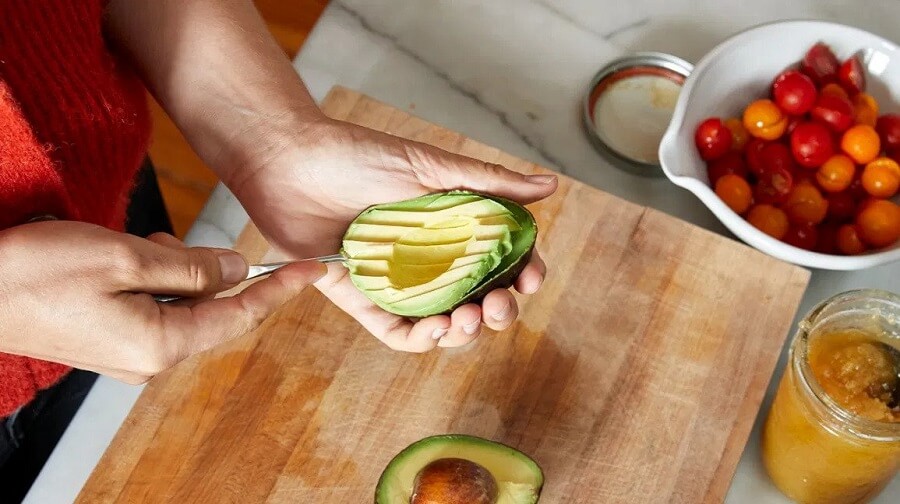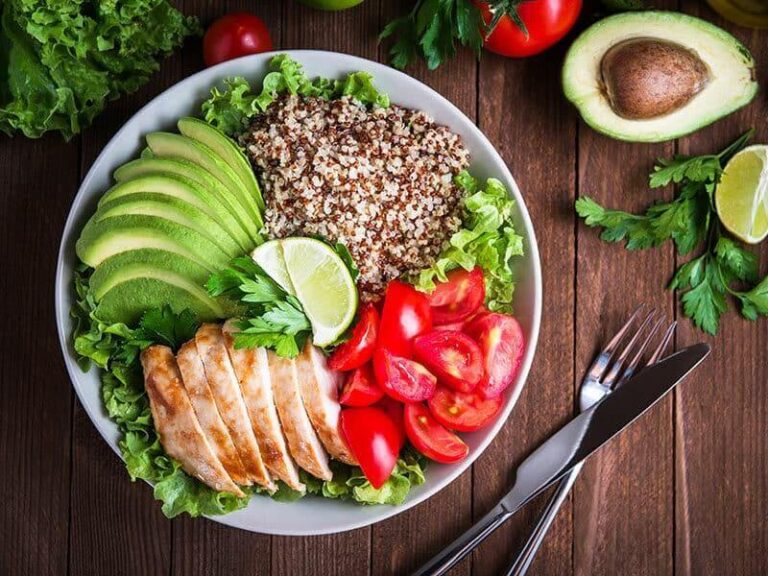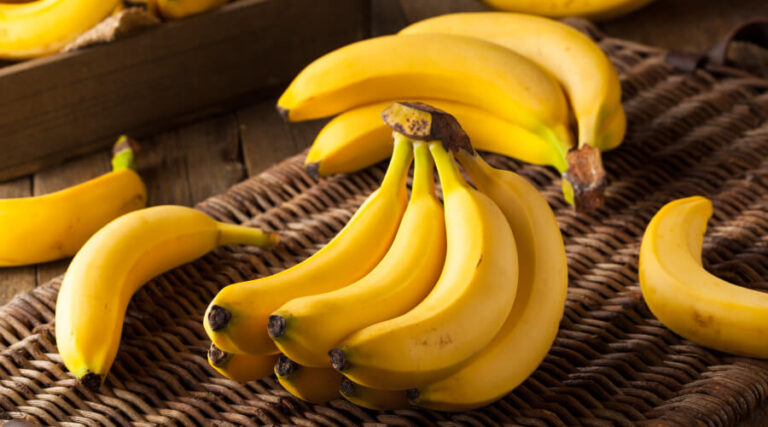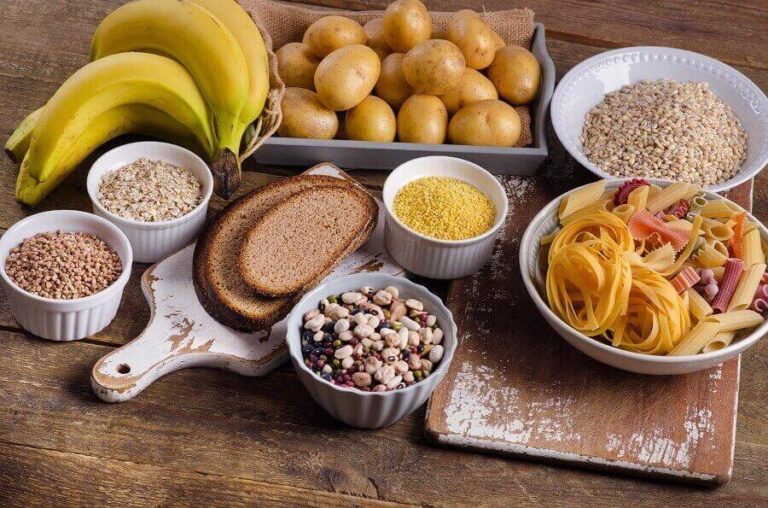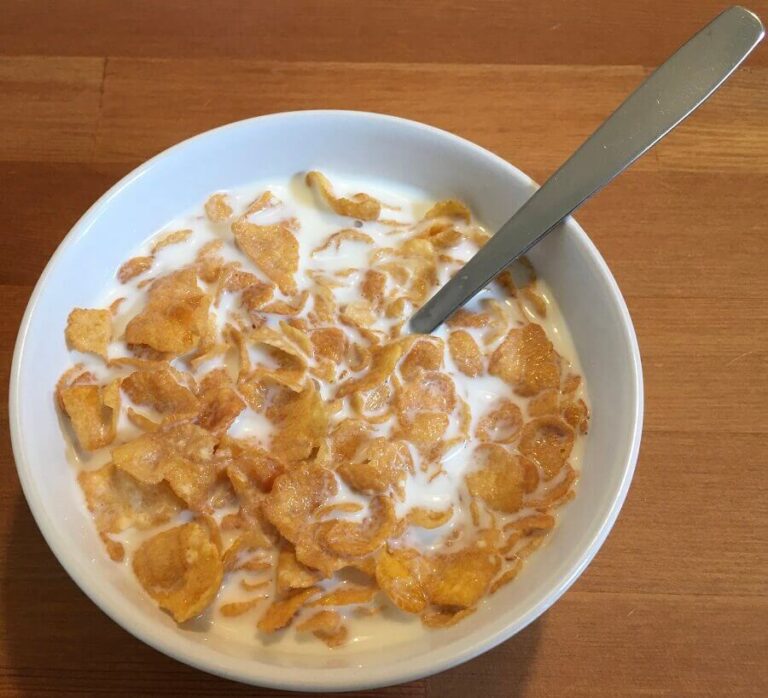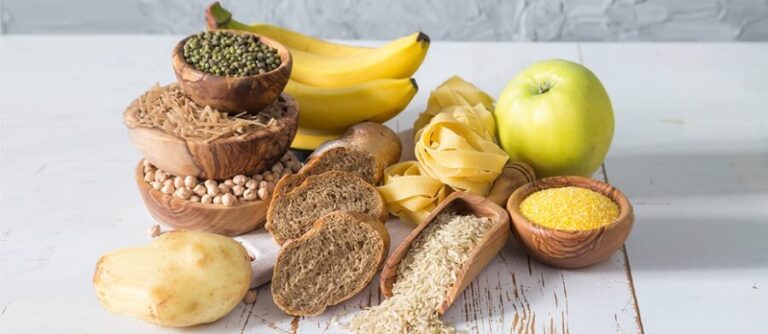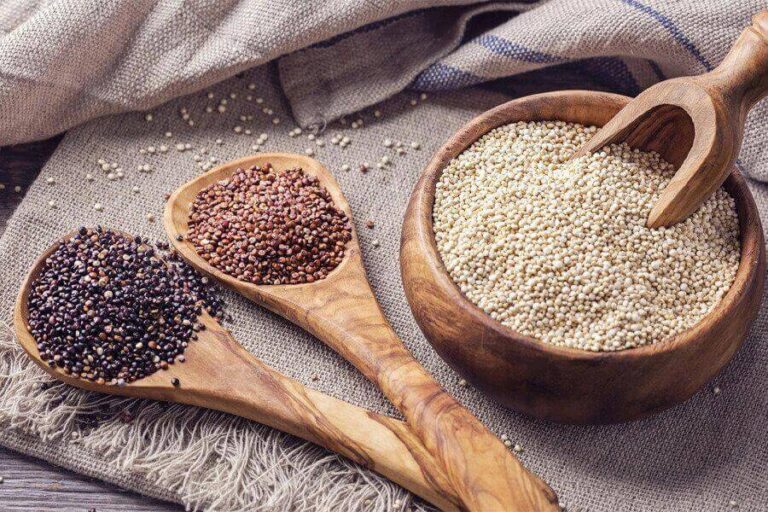Vegetables are low in calories but rich in vitamins, minerals, and other essential nutrients.
Additionally, many vegetables are low in carbohydrates and high in plant fiber, making them ideal when following low-carb diets like the ketogenic diet.
Whether you’re on a low-carb diet, eating more veggies is always a great idea.
Here is a list of the best low carb vegetables to include in your diet.
Related:
- Peppers
Bell peppers, also known as bell peppers or sweet peppers, are incredibly nutritious.
They contain antioxidants called carotenoids that can reduce inflammation, lower cancer risk, and protect cholesterol and fats from oxidative damage.
One hundred grams of chopped red bell peppers contain 7 grams of carbohydrates and 3 is fiber. So they are considered low carbohydrate vegetables.
Although their antioxidant content can vary, green, orange and yellow bell peppers have similar nutrient profiles and carbohydrate amounts.
Read: How to calculate net carbs
- Broccoli
Broccoli is one of the best low carb vegetables. In keto mode, including them in your meals can help you feel less hungry.
One hundred grams of raw broccoli contains 5 grams of carbohydrates, 2 of which are plant fiber.
In addition, studies confirm that broccoli has compounds capable of helping people with type 2 diabetes and protecting against various types of cancer. (2)
Broccoli is a low-carbohydrate vegetable also high in vitamin K and C. One serving is enough to cover these nutrients.
Read: Green vegetables – Properties and benefits
- Zucchini
Zucchini is one of the vegetables best known for being low carb.
A serving of zucchini (200 grams) contains 8 grams of carbohydrates, of which 2 are fiber. It is also a good source of vitamin C since it provides 35% of what you need per day per serving.
Italian yellow squash and other types of squash have net carbohydrate counts and nutrient profiles similar to zucchini.
Read: Vegetarian Ketogenic Diet
- Spinach
Spinach is a low-carb, green leafy vegetable that provides significant health benefits.
Researchers report that eating spinach every day can help reduce DNA damage and protect heart health.
Also, because it is high in lutein and zeaxanthin, it can reduce the risk of eye diseases such as cataracts and macular degeneration. (4)
In addition, it is one of the vegetable sources of various vitamins and minerals. One cup (200 grams) of cooked spinach provides more than five times the vitamin K you need per day.
Spinach is also low in carbohydrates, but the carbohydrates become more concentrated as the leaves cook and lose their bulk.
For example, a cup of cooked spinach contains 7 grams of carbohydrates with 4 grams of fiber, while a cup of raw spinach contains 1 gram of carbohydrates with almost 1 gram of fiber.
A good idea (if you are on a keto or low carb diet) is to add spinach leaves in the form of a salad.
Read: Plant Fiber Diet – Sample Menu
- Kale
Kale is a trendy vegetable that is also low in carbohydrates and extremely rich in nutrients.
100 g of raw kale provides 8 grams of carbohydrates, of which 2 g is fiber.
Additionally, kale leaves contain more than three times the amount of vitamin C as spinach. In addition to a higher concentration of antioxidants such as lutein and zeaxanthin.
Kale is not only low in carbohydrates but also in antinutrients such as oxalate, allowing calcium and iron to be fully absorbed.
Read: Kale – Properties and Benefits
- Asparagus
Two hundred grams of cooked asparagus contains 9 grams of carbohydrates and 4 are fiber. It is also a good source of vitamins A, C, and K.
In addition to being a low-carb vegetable, studies suggest that asparagus can help stop the growth of various types of cancer and protect brain health. (3)
Read: 8 Foods That Help Strengthen The Brain
- Avocados
Although technically a fruit, avocados are generally eaten as a vegetable. Avocados are high in fat and contain very few digestible carbohydrates.
One hundred fifty grams of raw avocado have 13 grams of carbohydrates, 10 of which are fiber.
Avocados are also rich in healthy fats that have beneficial health effects. Research confirms that regular avocado consumption reduces the number of triglycerides in the blood by up to 20%. Ultimately, one of the benefits of avocado is improving the health of the heart and cardiovascular system. (5)
In addition to being low in carbs, another of the avocado’s properties is its high zinc and magnesium content. Two elements are challenging to find in the plant world.
Read: Avocado – Properties and benefits
- Cauliflower
Cauliflower is one of the most versatile low carb vegetables.
It has a very mild flavor and can be used to substitute rice, pasta, and other high-carbohydrate foods.
200 grams of raw cauliflower contains 10 grams of carbohydrates, 6 of which are fiber. It is also rich in vitamin K and vitamin C.
Like other cruciferous vegetables like broccoli, it is associated with a reduced risk of heart disease and cancer.
Read: Rice Substitutes – 10 Healthier Examples
- Cucumbers
Cucumbers are low-carb and very refreshing vegetables.
Two hundred grams of chopped cucumber contains 8 grams of carbohydrates, of which 1 gram is fiber.
Although cucumbers are not very rich in vitamins or minerals, they contain a compound called cucurbitacin E, which can have beneficial health effects.
Research suggests that this compound has anti-inflammatory and anti-cancer properties and may protect brain health. (6)
Read: Is It Good To Cut Carbs To Lose Weight?
- Tomatoes
Like avocados, tomatoes are technically fruits, but they are generally eaten as a vegetable.
Regular and cherry tomatoes are also low in net carbs. 200 grams of cherry tomatoes contain 11 grams of carbohydrates, 4 of which are plant fiber.
The properties of tomato are its low content of calories and carbohydrates. But its high content of vitamin C and lycopene.
There is enough evidence to claim lycopene can improve skin health.
According to studies, eating 40 g of this fruit per day provides 16 mg of lycopene. This is the equivalent of preventing the effect of 8 weeks of UV exposure. (7)
Cooking tomatoes increases the lycopene content, and adding fats such as olive oil during cooking has increased their absorption.
Read: Cherry tomato – properties, carbohydrates and calories
- Eggplant
The eggplant is a vegetable with low carbohydrates unique flavor, and it can bring variety to your low carb or keto dishes.
200 chopped and cooked aubergines contain 15 grams of carbohydrates, 4 of which are fiber.
It also contains an antioxidant known as nasunin in the purple pigment of your skin. Researchers have reported that nasunin helps reduce free radicals and may protect brain health.
Read: Vegetable Proteins – What Foods Have More?
ABSTRACT
When doing a low carbohydrate or ketogenic diet, you should not neglect the consumption of vegetables or greens. Eating these foods is essential to meet the needs for essential nutrients.
Most green and leafy vegetables are low in carbohydrates and starch content.
Tomatoes, cucumbers, zucchini, bell peppers, and eggplants also fall into this category. When planning a keto or low-carb menu, include a sufficient amount of vegetables in your dishes.

